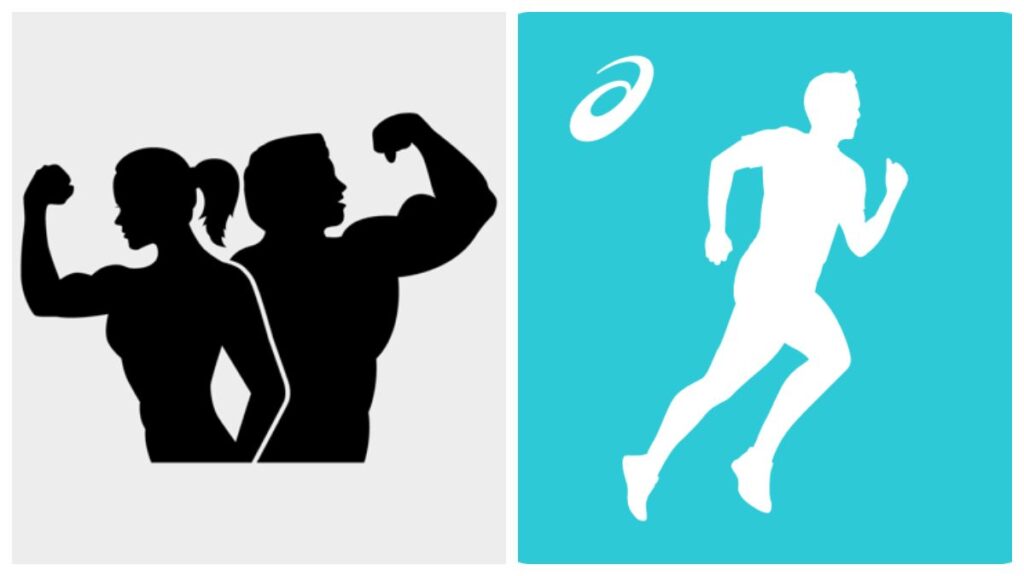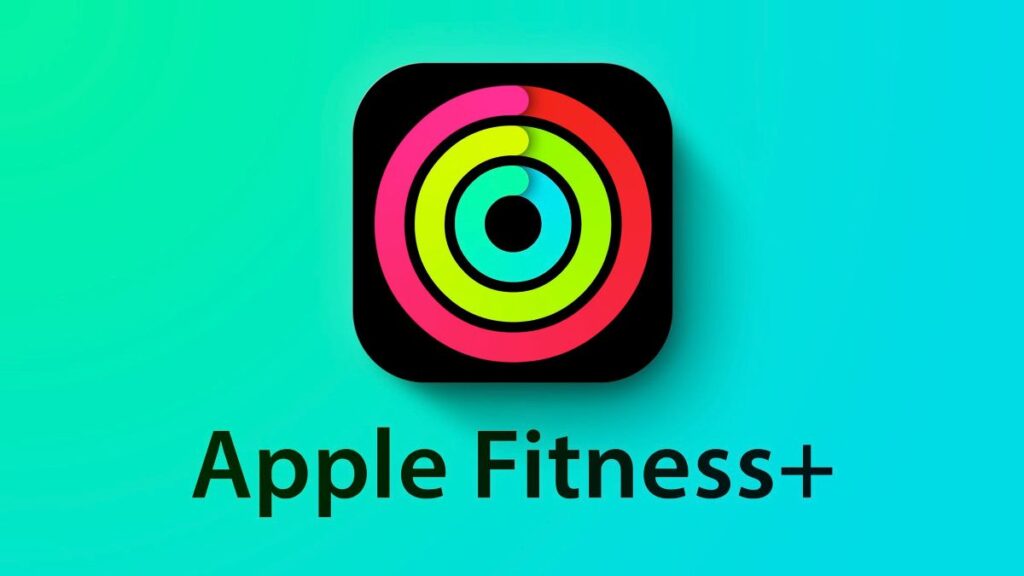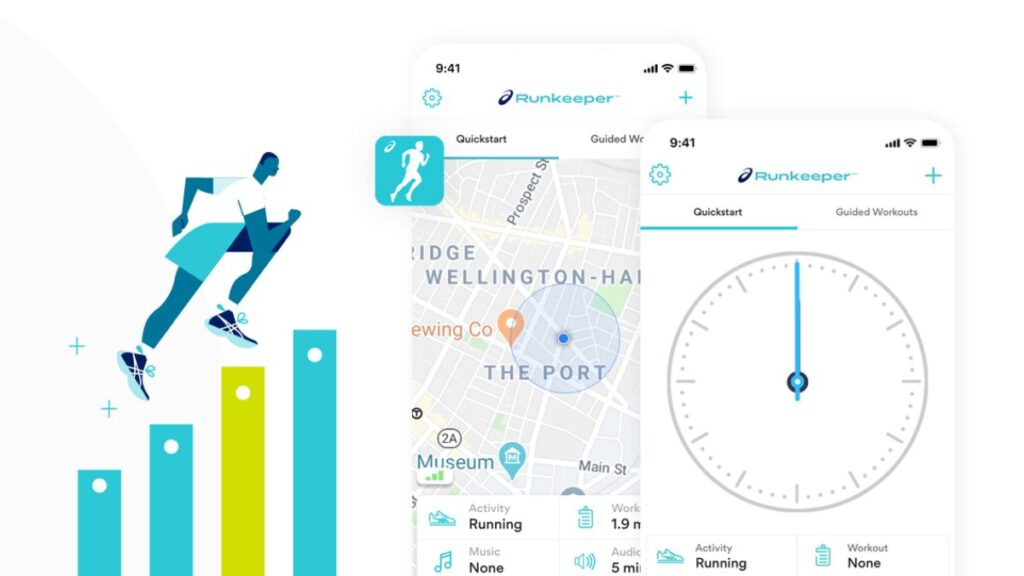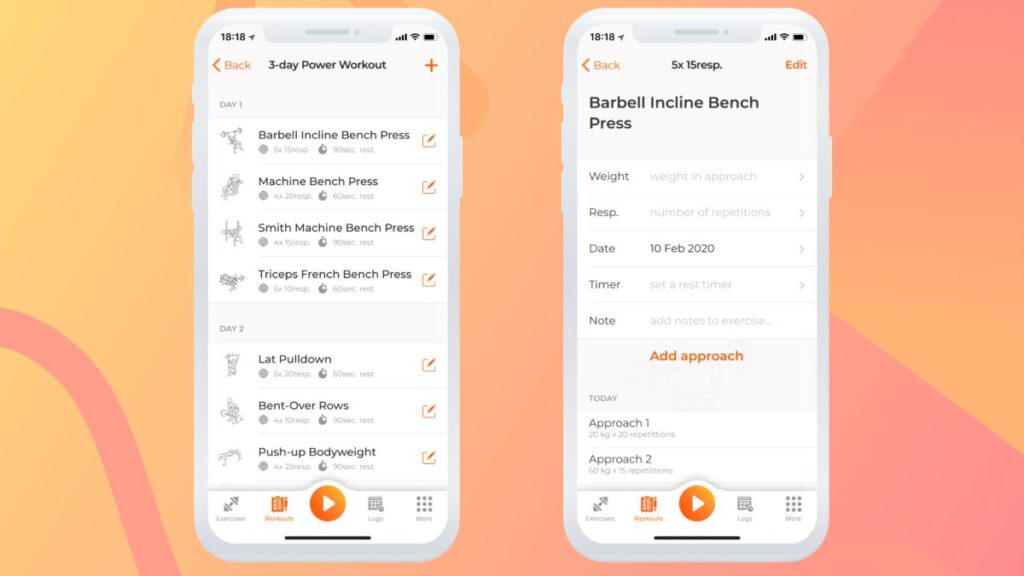
A higher fitness level contributes to a longer lifespan, improved quality of life, and reduced stroke risks, heart disease, and diabetes. With our smartphones being the most accessible device in our lives, it’s great to look at some of the best fitness apps on your journey to become healthier. We have already discussed the best fitness apps on Android devices but let’s explore the iOS aspect of it as well.
Smartphones have made getting fit more accessible than ever. Numerous excellent iPhone apps can assist you in achieving your fitness goals. Finding the best fitness apps on iOS to suit your needs can be challenging with various options available.
If you are serious about your fitness journey, explore our list of best fitness apps on iOS. Hopefully, you’ll discover one that perfectly suits your needs and preferences.
Apple Fitness

Starting off our list of best fitness apps on iOS is Apple Fitness. For those aiming to get in shape, the Apple Fitness app serves as an excellent starting point, as it comes pre-installed on most iPhones.
Apple Fitness functions as a comprehensive fitness tracker for your iPhone, allowing you to monitor steps, workouts, and even meditation sessions. Its convenience lies in the fact that you carry your iPhone with you wherever you go, making it a valuable tool to utilize.
If you own an Apple Watch, the Fitness app becomes even more essential, as it seamlessly integrates with the wearable to track sleep, heart rate, steps, and workouts.
Subscribing to Fitness+ unlocks additional benefits, granting access to guided workouts, classes, and meditations.
Fitbit
The Fitbit app for iPhone offers a wide range of fitness tracking features, even if you don’t have a Fitbit tracker. It monitors activities like running, walking, and hiking as an activity and sleep tracker. Additionally, you can record workouts, log meals, track hydration, and set goals for motivation.
For users with a Fitbit tracker, the app seamlessly syncs with the wearable device, automatically logging metrics such as sleep quality, daily steps, and heart rate (if supported by the tracker). It can also connect to the Aria Smart Scale to log weight automatically.
With its versatility and numerous features, Fitbit stands out as one of the best free fitness apps available. While the app is free to use, those seeking a more comprehensive experience can opt for Fitbit Premium, which comes with additional benefits.
It’s important to note that the app promotes the use of Fitbit devices, so prospective users should consider if owning a Fitbit is right for them before making a purchase.
ASICS RunKeeper

RunKeeper is a top choice among free fitness apps for individuals looking to improve their fitness through running. As the name implies, the app focuses on establishing and maintaining an exercise routine.
Among the numerous free fitness apps available for tracking various activities like cycling, walking, and hiking, RunKeeper stands out as one of the best. Using location and motion data, it maps and monitors your progress, which can be displayed on a map. The app provides audio updates on your progress or lets you enjoy your stored music while exercising.
Even if you don’t have access to a gym treadmill, RunKeeper is still beneficial. It can track your laps in your front yard or on quiet streets nearby. The app offers a free version with basic functionality, but for more comprehensive features like detailed insights, personalized race-training plans, and live tracking, users can opt for RunKeeper Go, available at a subscription fee of $10 per month or $40 per year.
Peloton
Another interesting choice among the best fitness apps on iOS is the Peloton app. It offers a fantastic alternative for getting fit without the need to purchase their exercise bikes. Just like their popular bikes, the app provides access to a wide array of live and on-demand classes, making it easy to start working out from home.
While some classes are designed for bike exercises, the app also offers various options, including strength, core, yoga, and meditation classes, catering to different fitness preferences. It aims to not only improve physical fitness but also focus on mental well-being.
The Peloton community plays a vital role in providing accountability and support for your workouts. Moreover, the app offers challenges, GPS run tracking, and guided programs, further enhancing the overall fitness experience.
MyFitnessPal
Tracking macros and counting calories can be crucial to achieving your fitness goals. MyFitnessPal simplifies this process by providing a user-friendly platform to log meals and snacks, offering a vast database of over six million recorded foods and a convenient barcode scanner for quick recognition.
The app allows you to import recipe information, log restaurant items, and add your own home recipes to ensure you stay within your dietary boundaries. Additionally, MyFitnessPal serves as an exercise monitor, enabling you to connect with over 50 other apps and devices to consolidate your activity and dietary data in one place.
The free version of the app offers significant value, but for even more features, you can upgrade to a MyFitnessPal Premium account, available at $19.99 per month or $79.99 per year. With its extensive range of functionalities, this app stands out as one of iPhone’s best free fitness apps.
C25K 5K Run Trainer
C25K is the official app of the Couch to 5K program, designed for individuals transitioning from a sedentary lifestyle to a more active one. The app aims to gradually improve your fitness level through audio cues and activity monitoring, ultimately preparing you to run a 5K non-stop.
The training schedule provided by the app is realistic and gentle, making it suitable for those who are new to exercise routines. While the core C25K app is free, optional in-app purchases are available to remove ads or access premium playlists.
Fitbod
Fitbod is among the many apps catering to bodybuilding, body sculpting, weightlifting, and strength training enthusiasts. The app’s key feature is its ability to generate personalized workouts based on user-provided information, prioritizing specific muscle groups.
To begin, users select their activity type, desired fitness goals, and the number of weekly workouts. Fitbod then tailors a workout plan that adapts to the user’s fitness level, complete with exercise descriptions and instructional videos. Moreover, the app allows users to specify the gym equipment they have access to, making it versatile for use at home or on a budget.
While some workouts can be created for free, the full benefits of Fitbod are available through a subscription, priced at $12.99/month or $79.99/year, after the trial period.
Fitness Point

Fitness Point focuses on strength training, serving as a comprehensive exercise reference rather than an automated planner like Fitbod.
The app features animations and descriptions for each exercise in its library, providing information about the targeted muscles. While the animations may not be as polished as Fitbod’s videos, there is still a wide variety of exercises to choose from. Users can create personalized workout plans, track their progress, and utilize the built-in rest timer during workouts.
While some exercises are available for free, accessing the full range requires an upgrade to Fitness Point Pro or Fitness Point Pro Female. However, the free version offers sufficient information to help users decide whether the paid upgrade is worthwhile.
Fit Radio
Fit Radio provides a solution for those struggling to find suitable music during workouts, even if they subscribe to Apple Music or Spotify. The app offers coaching for various workout types and allows users to select music that complements their activities.
Fit Radio also includes a running tab that synchronizes the music with the user’s pace, either automatically or manually setting the desired pace.
Although Fit Radio offers free features, users can opt for a Fit Radio Premium account with various payment options, granting access to more mixes, customization options, and improved recommendations. The app is a valuable resource for creating a gym-like environment within one’s home.
Strava
Rounding off our list of best fitness apps on iOS is none other than Strava, which has an android version as well. Strava is a fitness app that focuses on cycling, although it also supports tracking running activities. While it caters to both cyclists and runners, its primary user base is passionate about biking.
Like RunKeeper, Strava uses GPS to track and map workouts, providing essential data such as elevation, speed, and comparisons with other users who have taken the same route.
Whether you prefer indoor cycling in a gym or exploring remote cross-country tracks, Strava allows you to measure your workouts effectively. The basic features are available for free, but users can opt for a Strava premium account with monthly or annual plans to access customized training, personal heatmaps, and in-depth ride data analysis.